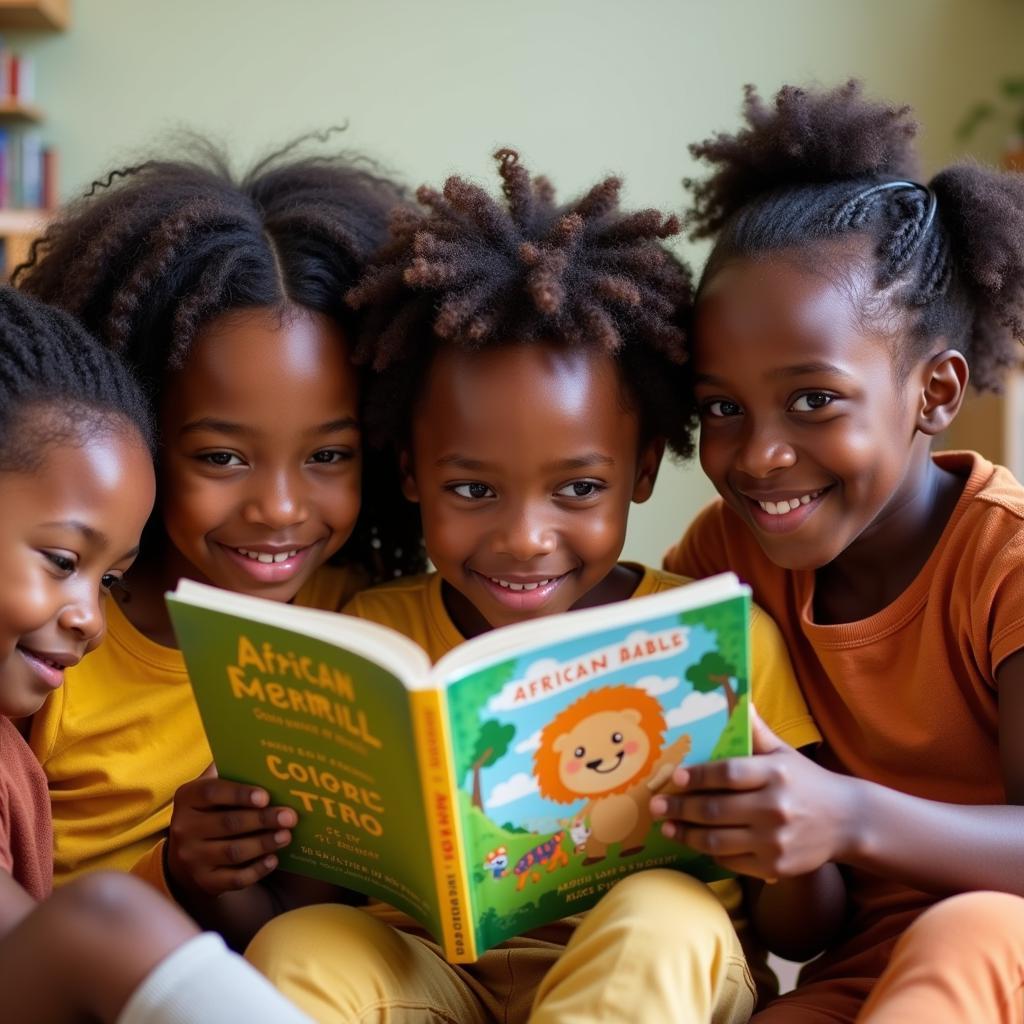Understanding African First Night Sex: Traditions, Customs, and Modern Perspectives
African first night sex is a topic shrouded in both tradition and taboo, varying significantly across the continent’s diverse cultures. From ancient rituals to contemporary practices, this article delves into the complex landscape of marital intimacy in Africa, exploring its historical context, cultural significance, and the evolving perspectives surrounding it.
Exploring Cultural Variations in First Night Sex Traditions Across Africa
Across Africa, the first night of marriage carries diverse cultural significance. While some societies have elaborate ceremonies and rituals surrounding the act, others approach it with more privacy and discretion. For example, in some communities, the consummation of marriage is a public affair, with evidence of the bride’s virginity displayed. In contrast, other cultures prioritize the couple’s privacy and consider the details of their first night a personal matter. It’s crucial to understand that generalizations about “African first night sex” can be misleading, as practices vary drastically from region to region and even within specific communities.
In some cultures, older women play a crucial role, offering guidance and support to the newlywed bride. They might share traditional knowledge about intimacy and offer practical advice. This mentorship underscores the importance of community and intergenerational support in many African societies. However, these traditions are not static. With increasing globalization and exposure to different cultures, beliefs and practices related to first night sex are evolving, particularly among younger generations.
The Intersection of Tradition and Modernity in African Marital Intimacy
Modern influences, such as education and access to information, are shaping perspectives on first night sex in Africa. Many young couples are choosing to prioritize emotional intimacy and communication over strict adherence to traditional practices. This shift reflects a growing awareness of consent and mutual respect within marital relationships. Furthermore, open discussions about sexual health and reproductive rights are becoming more common, challenging long-held taboos and promoting healthier sexual practices.
The role of religion also plays a significant factor in shaping attitudes towards first night sex. In some African communities, religious beliefs heavily influence marital practices, emphasizing the sacredness of marriage and the importance of chastity before marriage. However, even within religious communities, there are diverse interpretations and practices. The interplay between religious doctrine, cultural traditions, and individual beliefs creates a complex and nuanced understanding of marital intimacy.
Addressing Misconceptions and Promoting Respectful Dialogue about African Culture
It’s vital to approach the topic of African first night sex with sensitivity and avoid harmful stereotypes. Reducing diverse cultural practices to a single narrative perpetuates misconceptions and undermines the rich tapestry of traditions across the continent. Respectful dialogue and accurate information are crucial to understanding the complexities of marital intimacy in Africa. Instead of relying on generalized assumptions, focusing on specific cultural contexts and individual experiences provides a more nuanced and accurate portrayal.
Dr. Fatima Adebayo, a renowned anthropologist specializing in African cultural studies, emphasizes the importance of understanding the context: “It’s crucial to remember that ‘African’ isn’t a monolithic entity. The continent encompasses a vast array of cultures, each with its own unique traditions and beliefs. When discussing sensitive topics like first night sex, avoiding generalizations and respecting cultural diversity is paramount.”
Navigating Expectations and Building Healthy Relationships in the 21st Century
In contemporary Africa, couples are navigating the often-complex intersection of tradition and modernity. Open communication, mutual respect, and a shared understanding of expectations are essential for building healthy and fulfilling marital relationships. As societies evolve, so too do the traditions and practices surrounding marriage. It’s crucial for individuals and communities to engage in open and respectful dialogue about these evolving norms, fostering a culture of understanding and acceptance.
Professor Abiola Olajide, a leading sociologist specializing in African family dynamics, notes the ongoing evolution: “Traditional practices are not set in stone. They adapt and change over time, reflecting the changing needs and values of society. Understanding this dynamic process is key to appreciating the complexities of African marriage in the 21st century.”
In conclusion, understanding African first night sex requires acknowledging the vast diversity of traditions and practices across the continent. Moving beyond stereotypes and engaging in respectful dialogue is essential for appreciating the complexities of marital intimacy in Africa. While rooted in tradition, these practices are continuously evolving, reflecting the dynamic interplay of culture, religion, and modernity.
FAQ
- Are first-night rituals universal across Africa? No, practices vary significantly across different cultures.
- What role do elders play in some traditions? In some communities, elders offer guidance and support to newlyweds.
- How are modern influences impacting traditions? Modernity is leading to increased emphasis on communication and consent.
- Is premarital sex taboo in all African cultures? Views on premarital sex vary across different communities and religions.
- Where can I find more information about specific cultural practices? Further research into specific ethnic groups and regions is recommended.
- Are there resources available for couples navigating these traditions? Yes, many organizations and community groups offer support and guidance.
- How can I contribute to respectful dialogue about this topic? Educating yourself, avoiding stereotypes, and engaging in sensitive conversations are crucial.
If you need any further assistance or have any questions, please don’t hesitate to contact us. Phone: +255768904061, Email: [email protected], or visit us at: Mbarali DC Mawindi, Kangaga, Tanzania. We have a 24/7 customer service team available to help.

